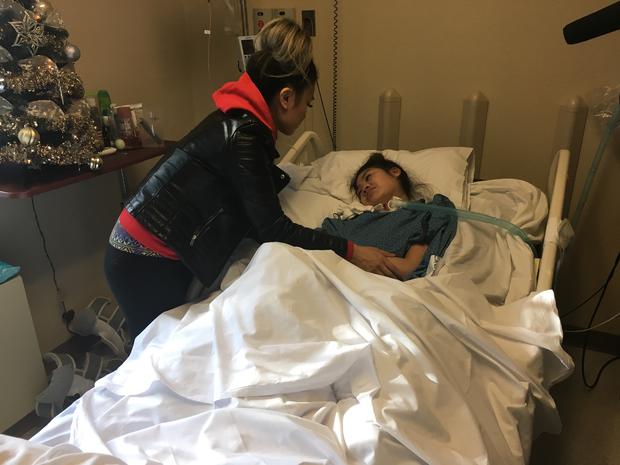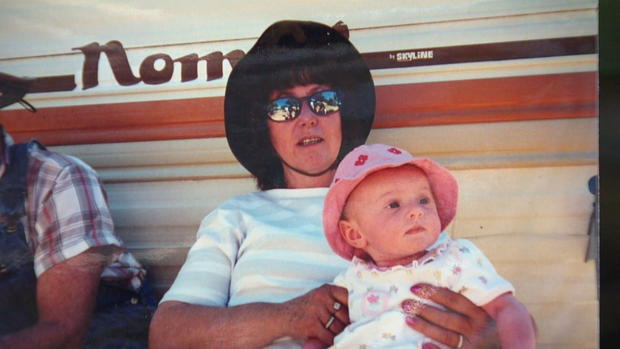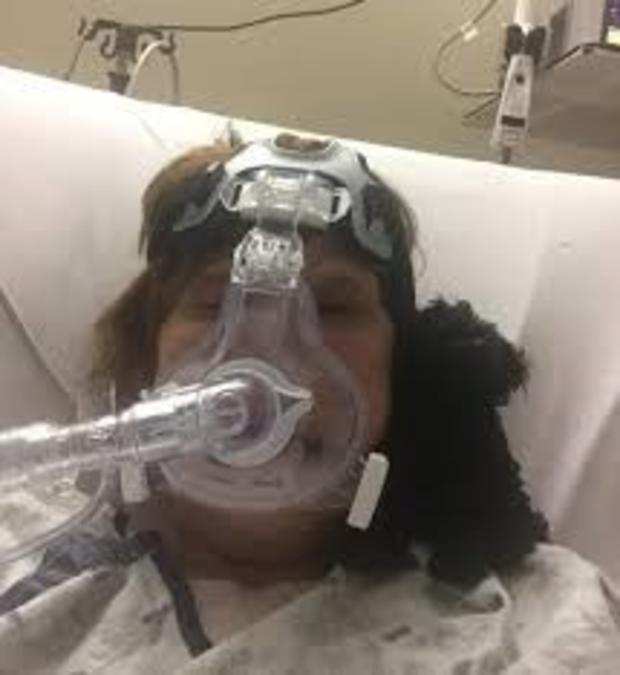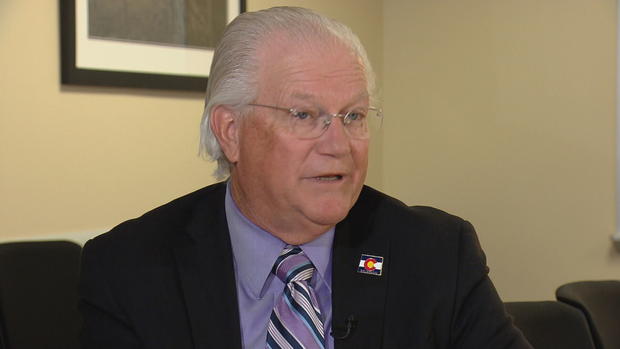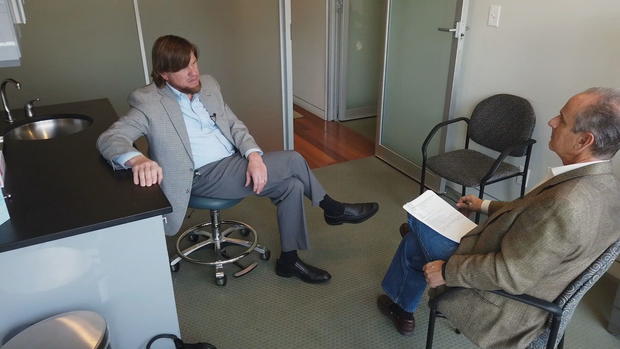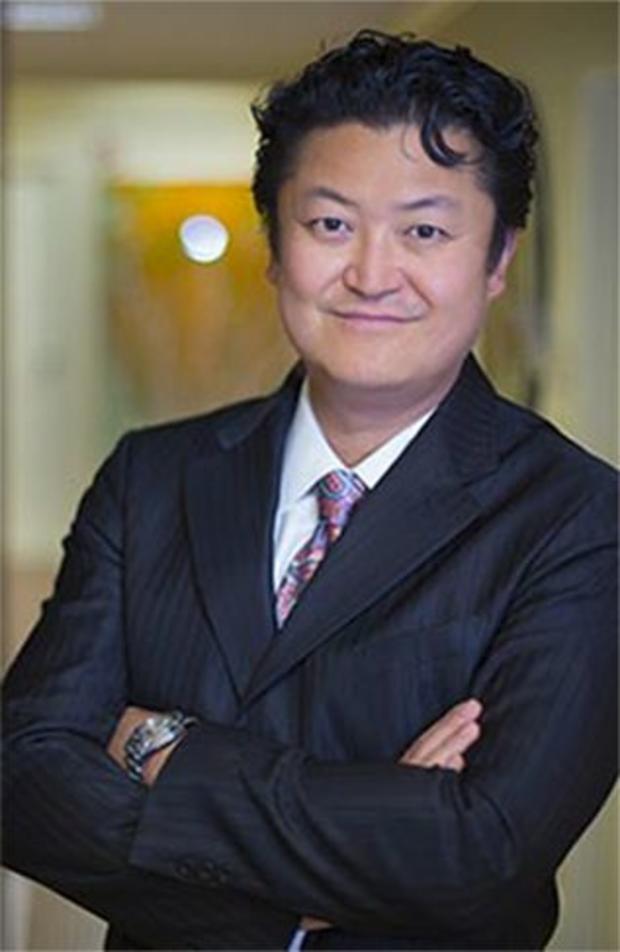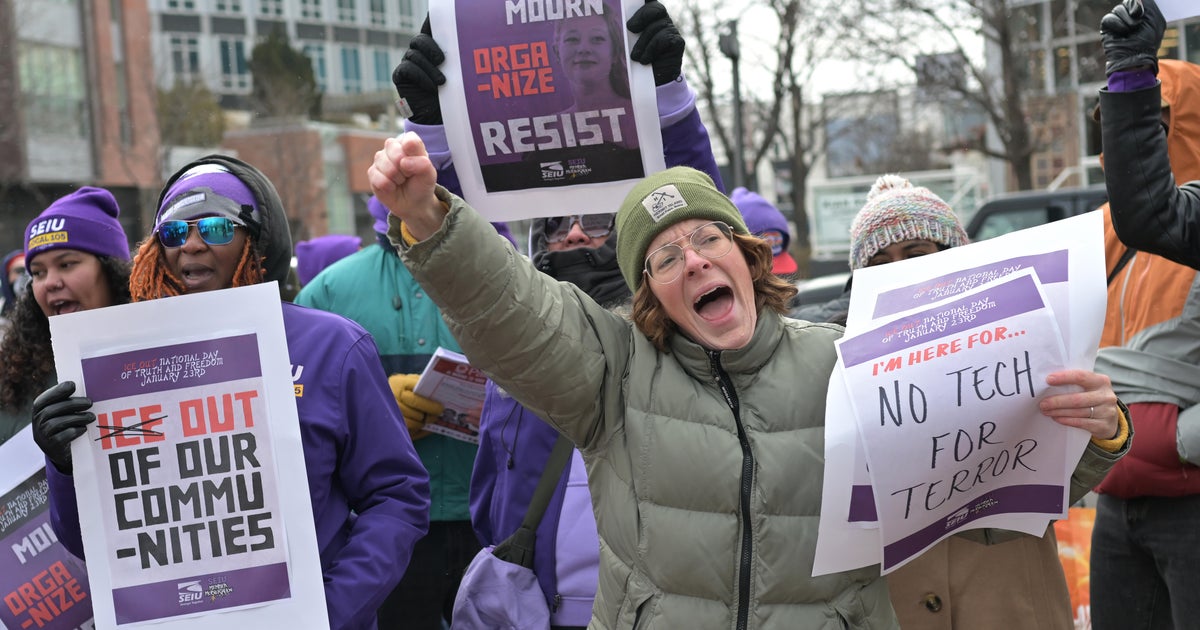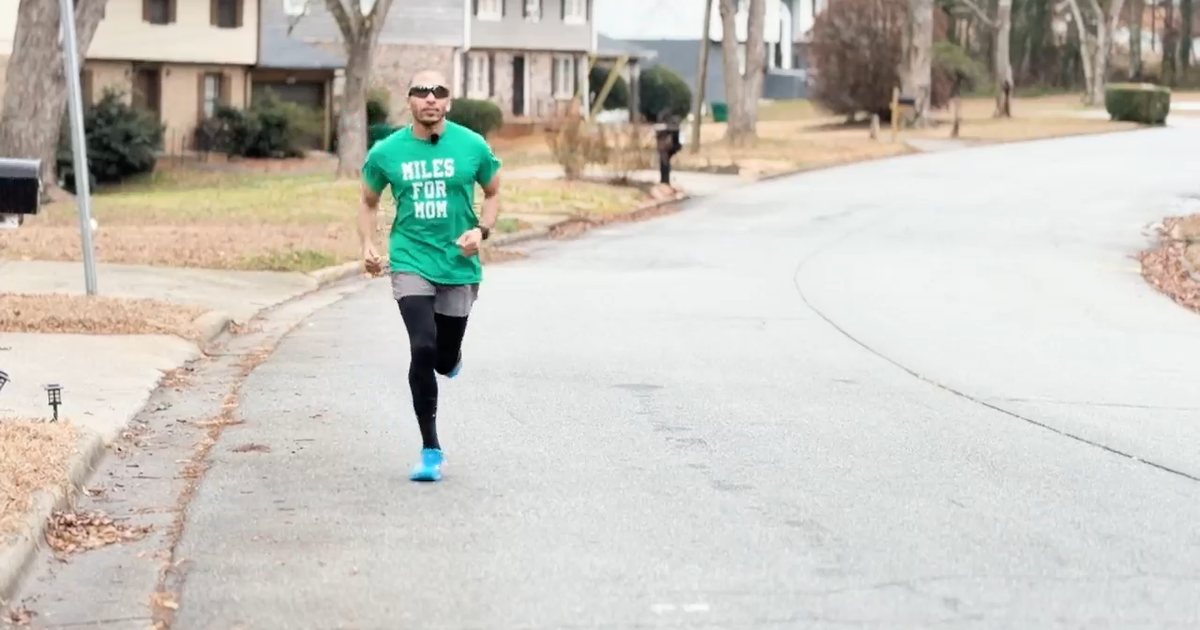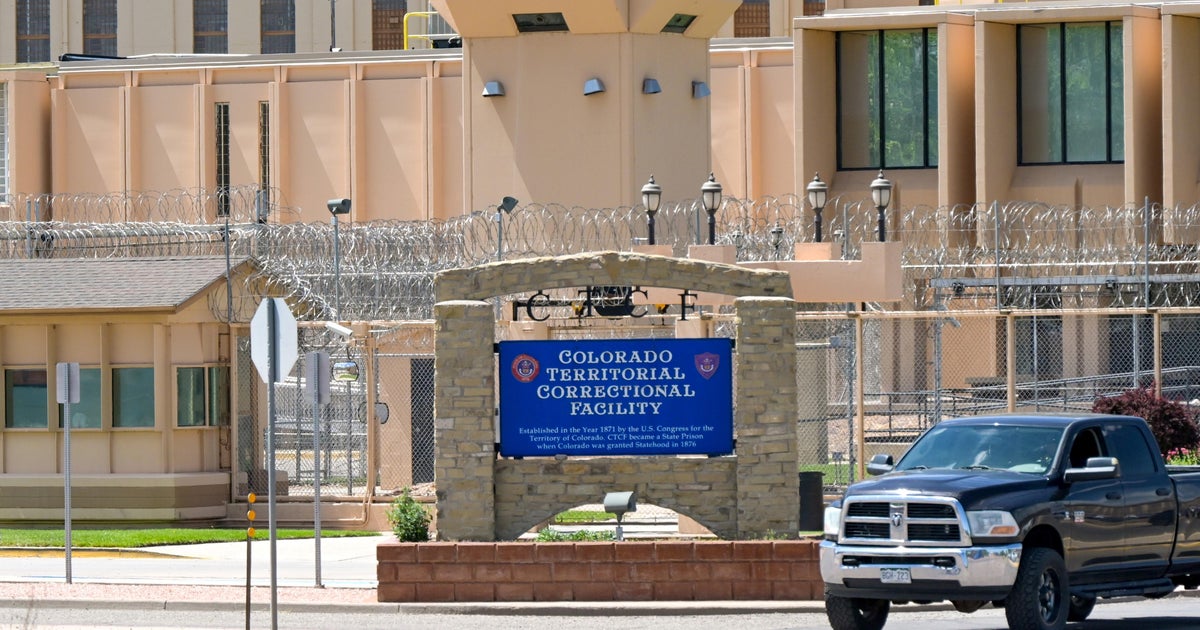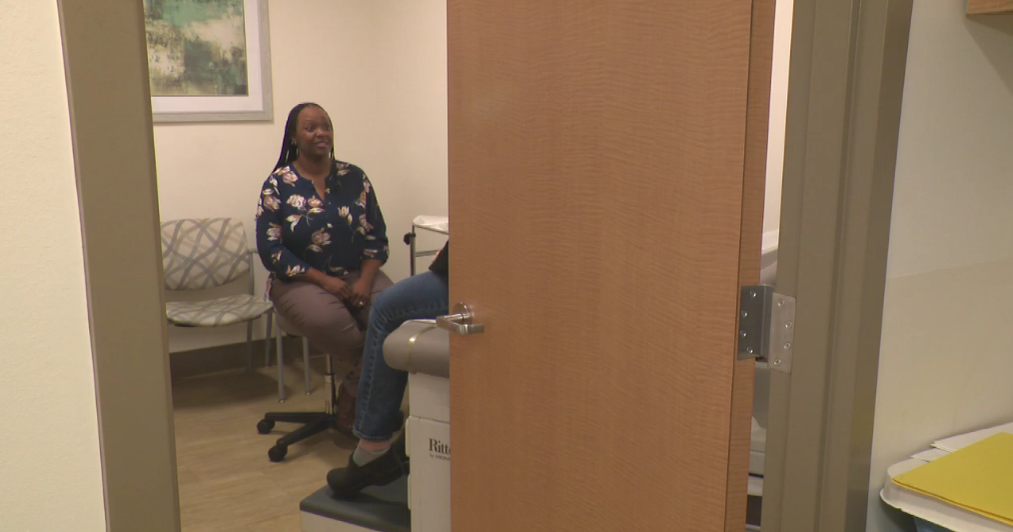Controversial Breast Implant Surgery Prompts Calls For State Regulation Of Office-Based Surgeries
DENVER (CBS4) - A 2019 breast augmentation surgery, that left 18-year-old high school graduate Emmalyn Nguyen with permanent brain damage, has prompted some lawmakers, families, and medical malpractice attorneys to call for state licensing and oversight of doctors' offices, plastic surgery centers, and other facilities that currently are not subject to such scrutiny in Colorado.
"What happened to my daughter is not replaceable," said Lynn Fam, Nguyen's mother. "All of our lives changed in the worst way possible and no one deserves this. I do feel like there should be more regulations."
Nguyen underwent the surgery Aug. 1, 2019 at the office of Dr. Geoffrey Kim. His practice, the Colorado Aesthetic and Plastic Surgery center, conducts invasive surgeries but is not subject to licensing, regulation, or inspection by the Colorado Department of Public Health and Environment, which regulates other medical facilities like hospitals, ambulatory surgery centers, and nursing homes.
According to a lawsuit filed by Nguyen's family, the Mountain Range High School graduate was left unattended for 15 minutes after receiving anesthesia. The family then says after the teen twice suffered cardiac arrest during the procedure, the medical professionals overseeing her care did not call 911 for more than five hours. The previously healthy teenager is now unable to walk, speak, eat, or take care of herself and is likely to remain in a neurologically unresponsive state for the rest of her life.
"So it's a dangerous loophole in the law that surgeries can be done in an office-based setting like this," said David Woodruff, an attorney for Nguyen and her family. "It seems like the safe thing to do would be for the state to step in and the legislature to consider changing the law so office based surgery centers like this are regulated".
Colorado is one of many states that exempts office-based medical practices from licensure requirements that apply to other surgical facilities like hospitals and ambulatory surgical centers. Office-based surgery practices are generally subject to less stringent requirements because the procedures performed there are seen as relatively lower risk, and theoretically don't require the same level of equipment and staffing as licensed facilities. Getting treatment in office-based surgery practices can also be less expensive for patients and more convenient than receiving surgery in a hospital setting.
When Gary Cornelius' mother, Virginia, was diagnosed with advanced cancer, the family decided she would get treated at the Rocky Mountain Cancer Centers in Lakewood. Since it was adjacent to a hospital, Cornelius said he and his family assumed it was inspected and regulated by the state health department. They later found out it was not.
His mother died during a radiation treatment there on Feb. 27, 2018.
"The vault doors swing open, the radiation therapist ran out yelling 'help me, help me' and takes off running down the hall," Cornelius recalled of the day his mother died.
The coroner ruled that Virginia Cornelius died of heart failure during the treatment session. Although individual medical professionals at the center are subject to state licensing and oversight of their actions, the center itself does not face state health department inspections nor is the facility subject to state sanctions. Gary Cornelius believes if the facility had been licensed and regulated by the state health department, his mother might have survived.
"There's a million things that can go wrong and do go wrong," said Cornelius.
He said in the chaotic moments when his mother stopped breathing, it appeared staff members were unprepared for that kind of an event, unable to quickly open a medical kit that was apparently available for emergencies. Cornelius also said he later found out that the "code blue" panic buttons on the center's walls, meant to summon emergency help, had been disconnected and did not work, the kind of thing that Cornelius said state oversight might address.
In a statement to CBS4, the Rocky Mountain Cancer Centers said it "practices evidence-based medicine and follows established clinical pathways that have been proven to have the best patient outcomes."
"We take patient safety and quality processes very seriously and continuously strive to improve patient care," the statement went on to say. "The state medical board conducted a thorough investigation and found that Rocky Mountain Cancer Centers was not at fault and was in full compliance."
However, a spokesperson declined to provide the report to CBS4 and when a reporter pointed out that the state medical board can investigate doctors, but not their facilities, the spokesperson said she stood by the statement then hung up.
Following his mother's death, Cornelius testified at the state capitol on Feb. 11, 2019, in favor of a bill that would have instituted state oversight of facilities like the cancer center where his mother died. But the bill, Senate Bill 19-110, failed early in the legislative process.
Another catalyst for SB19-110 was the story of Melinda Van Abbema, who filed suit after she said she nearly died during a liposuction surgery at the Zweibel Center for Plastic Surgery and Skin Care in Highlands Ranch in 2015. The lawsuit claimed she went into heart and respiratory failure during the procedure, and emergency personnel had to be called to transport Van Abbema to a hospital. Van Abbema said she spent 39 days in intensive care at the hospital.
Dr. Paul Zweibel said in court filings Van Abbema received proper care. Her lawsuit was settled out of court.
Zweibel's attorney, Bruce Montoya, said at the time, "this is the first time in Dr. Zweibel's 33 years of practice that a patient has experienced complications like this in his office."
The office was not overseen by state health authorities according to Van Abbema's attorney, Hollynd Hoskins, but is accredited by the American Association for Accreditation of Ambulatory Surgery Facilities. Montoya told CBS4 the Van Abbema case and others are "outliers" and said, "These places function and serve a purpose."
Randy Kuykendall, the Director of Health Facilities for the Colorado Department of Public Health, said his office has oversight over 3,200 health care facilities like hospitals, nursing homes and assisted living centers. Investigators inspect the facilities and if they find deficiencies, can institute sanctions like fines and revoking licenses.
But he said there are an estimated 300 to 400 office-based surgery centers across the state his agency does not oversee. Kukendall said while the doctors running those offices are licensed by the state's Department of Regulatory Agencies – or DORA – the facilities themselves are not subject to oversight.
"We don't know how many there are, where they are or what kind of problems may be going on out there," Kuykendall said.
He said while consumers can research the disciplinary histories of doctors, nurses, and other medical professionals online, they cannot do the same kind of research to find out what kind of adverse events have taken place at offices that are not regulated by the state. For that to change, Kuykendall explained a legislation change would be necessary.
Dr. Brian Willoughby, a plastic surgeon with an office in Cherry Creek north, said while he does not do invasive procedures at his office, others do, but he does not believe they need state oversight.
"Unfortunately bad outcomes happen but does that mean having the state come in will fix that problem? I generally think no," Willoughby said.
He said letting doctors perform somewhat complex procedures in their offices has definite advantages over doing the same work in an ambulatory surgical center or hospital.
"By far, it's more cost effective and convenient for the patients," Willoughby explained. "People doing more cosmetic surgery do more stuff in the office because they don't have to pass that additional cost on to the patient."
Willoughby contends putting doctors' offices under state regulation would be akin to "throwing the baby out with the bathwater."
"People go out and drive around, should the state have someone ride along in every car to make sure they are using their turn signal?" Willoughby said.
Although doctors' offices and office-based surgery centers may not fall under state auspices, many are accredited by private agencies like the American Association for Accreditation of Ambulatory Surgery Facilities and the Accreditation Association for Ambulatory Health Care.
At least 20 states require the accreditation or licensing of offices where doctors perform surgeries, according to the Policy Surveillance Program, but Colorado is not one of them, since plastic surgery centers and other office based surgery facilities don't operate exclusively for the purpose of providing surgical services. In Colorado, accreditation is only "recommended," according to the American Society of Plastic Surgeons.
Last year, lawmakers in Florida approved new legislation putting strict controls on cosmetic surgery facilities after eight women died following procedures at a plastic surgery business owned by one doctor. A USA Today investigation revealed that without state oversight in place, felony offenders had opened their own facilities with no background screening by the state.
On Jan. 9, the Colorado Medical Board – which licenses doctors – suspended the license of Dr. Geoffrey Kim, the doctor who operated on Emmalyn Nguyen. The state said it was taking an "emergency action" against Kim, because he failed to have Nguyen transferred from his office to a hospital for five hours after she suffered cardiac arrest.
The facility where Emmalyn Nguyen had her surgery, Colorado Aesthetic and Plastic Surgery Center, also does not appear to be accredited, according to its website, which has since been taken offline.
That case has now prompted a Colorado legislator to renew the call for state oversight of plastic surgery centers and other facilities. Sen. Larry Crowder, a Republican from Alamosa, told CBS4 Investigates he turned in a late request for a re-introduction of SB19-110 as a result of this CBS4 Investigation. While he normally supports smaller government, Crowder said this is a safety issue that deserves more attention.
"I think we need to have some type of rules and regulation in place that would safe-guard the patient," Sen. Crowder said. "Something like this is very much warranted."
That's something Nguyen's family believes, as well. As Nguyen remains in a permanent comatose state, her mother said she would be willing to testify in support of the bill.
"This has to be the hardest thing anyone could go through," she said.
CBS4 reporters Brian Maass and Kati Weis serve on the CBS4 Investigates team, uncovering fraud, waste, and corruption. Send them a news tip or follow them on Twitter @Briancbs4 and @KatiWeis.
